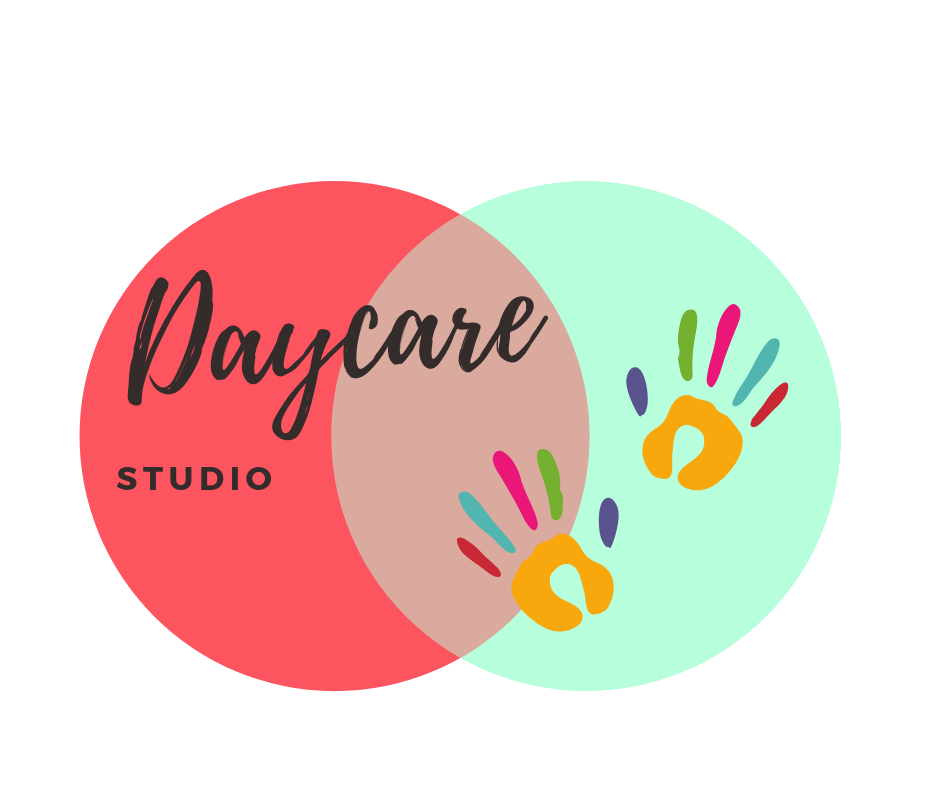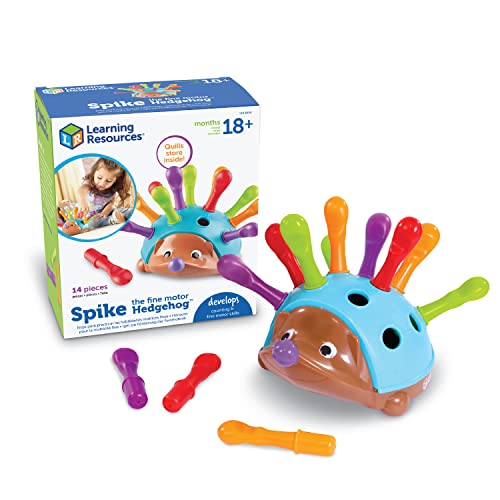Mastering Staff Evaluations in Your Childcare Business
This post may contain affiliate links, which means I'll receive a commission if you purchase through my link, at no extra cost to you.In the bustling environment of childcare businesses, ensuring your staff members are thriving and growing is paramount to success. One powerful tool in achieving this is through regular staff evaluations, or as I prefer to call them, "one-on-ones." These sessions offer a dedicated space to acknowledge achievements, set goals, and foster growth in a supportive environment.
But how do you master these evaluations in your childcare setting? From scheduling to execution, let's dive into how to conduct effective one-on-one meetings with your team.
Before we get started, If you’re new to my site, don’t forget to snag my FREE Interview Guide to hiring quality staff for your program before you leave!
Now Let's explore how to conduct effective staff evaluations for your daycare, childcare center, or preschool.
What is a staff or employee evaluation?
Employee evaluations, also known as performance reviews, are pivotal moments where management assesses an employee’s performance. These sessions provide an opportunity to recognize achievements, set goals for improvement, and align individual performance with company objectives.
Why are staff evaluations important?
When conducted effectively, they foster positive relationships, boost job satisfaction, and drive performance. Here's why they matter:
They build positive relationships with team members.
They enhance job satisfaction and retention.
They improve performance, leading to increased profitability.
They identify star performers and candidates for promotion.
They offer support and training for employees needing improvement.
They contribute to a positive company culture.
They promote professional development.
They address any issues or concerns privately.
Now, I like to call these evaluations “one-on-ones” rather than evaluations. “Evaluations” sound intimidating and cause staff to put up walls expecting to be scrutinized and picked apart.
How do you conduct an evaluation or a one-on-one meeting with your staff?
Schedule it: Start by selecting a suitable date and time for the one-on-one. Allocate 30 minutes that works for both you and your staff member, and inform them in advance.
Give a Self-evaluation Form: When informing them about the upcoming one-on-one, provide a self-evaluation form. Instruct them to fill it out and bring it with them to their scheduled meeting. Assure them that the purpose of the meeting is not about finding fault but rather about identifying areas for support and improvement.
If evaluations are new to your childcare business, you want your staff to know that they are not “in trouble”. You want them to know that you are simply looking for ways to help and support them.
Let them know that you will also be sitting in their classroom or work area for a few minutes one day in the upcoming week.
Observe: Prior to the one-on-one, spend 15 minutes observing your staff member's performance. Make notes of how they interact with the kids, how their class is organized and structured, and their overall performance and demeanor.
Evaluate: Assess various aspects such as attendance, attitude, and teamwork. Use a staff evaluation form to document areas of excellence and opportunities for improvement.
Conduct the one-on-one: Use the following outline during the meeting:
Remind them of the purpose of the one-on-one.
Share your appreciation. Let them know that you are thankful for their commitment to the company.
Review their self-evaluation together. If they were honest when filling out the form, they already know where they need to improve and it makes any difficult conversation much easier.
Ask the following questions:
What are you doing well?
What is your opportunity for growth?
What am I doing well as your supervisor?
How can I improve as your supervisor?
Where do you need help?
Discuss your observations and evaluation. Give them the positive things you observed in the classroom along with the positive qualities and behaviors you have noticed overall. Praise them for the good things. Then give any areas where you see an opportunity for improvement and help them come up with a plan of action on how they can improve.
Discuss any professional development plans, promotions, or raises. These meetings are also a great time to discuss raises when earned and promotions when appropriate. When it comes to promotions, always promote from within before filling coveted positions from the outside. Know what hours and positions your best team members want and try to place them in those positions when they become available.
If you need to have a difficult conversation with a staff member, check out my article, Dealing With Staff Conflicts and Difficult Conversations In Your Childcare Business.
How often should you conduct evaluations?
Some companies do them quarterly, others do them bi-annually or annually. For new staff, I recommend having the first one-on-one after 30 days and then conducting them quarterly. For long-term staff, I extend the interval to every six months unless specific issues arise.
Sometimes, staff may want to meet with you between evaluations to discuss concerns or ask questions. To facilitate communication, consider implementing an open-door policy, scheduling appointments, or offering weekly office hours, either in-person or virtually.
For example, you can offer weekly office hours where your office door is open during a 2 hour window for anyone needing to discuss anything.
Conclusion:
Having regular one-on-one meetings will help you keep a pulse on each team member’s well-being, progress, and overall workplace satisfaction.
Whether you’re sharing feedback, asking questions, or discussing the class’s progress, these meetings are how you stay connected with your staff.
You can download my Staff Evaluation Forms and Self-Evaluation Forms here.
Here are some other articles packed with valuable content you are sure to enjoy:
6 Must-Do’s To Effectively Communicate To Staff
How To Avoid Burnout in Childcare
How To Screen Families For Your Daycare
6 Tips To Ace Your Licensing Inspections
30 Daycare Policies You Need in Your Parent Handbook
Important Daycare Forms You Need For Your Childcare Business
How To Deal With Parents Who Consistently Pay Tuition Late!
Download my FREE Family Screening Guide to select the families right for you.
Download this guide to help you carefully accept the right families and avoid the high-maintenance ones. Includes 13 questions and a Family Information Card for easy follow-up.
Grab my FREE Daily Schedules for Infants, Toddlers, & Preschoolers!
Download 3 PDF schedules designed for each age; Infants, Toddler, and Preschoolers. A Canva link is provided to edit the schedules for your program. It’s absolutely free and only takes 5 seconds!
Download my FREE Daycare Starter Guide to start your own childcare business.
If you don’t know where to start, this guide is perfect for you! Click the button to get instant access. It’s super easy and absolutely free!










